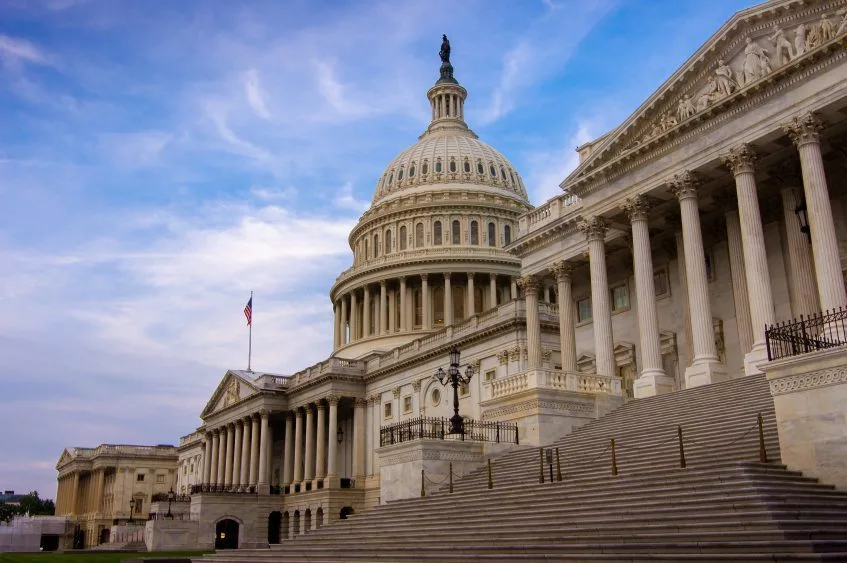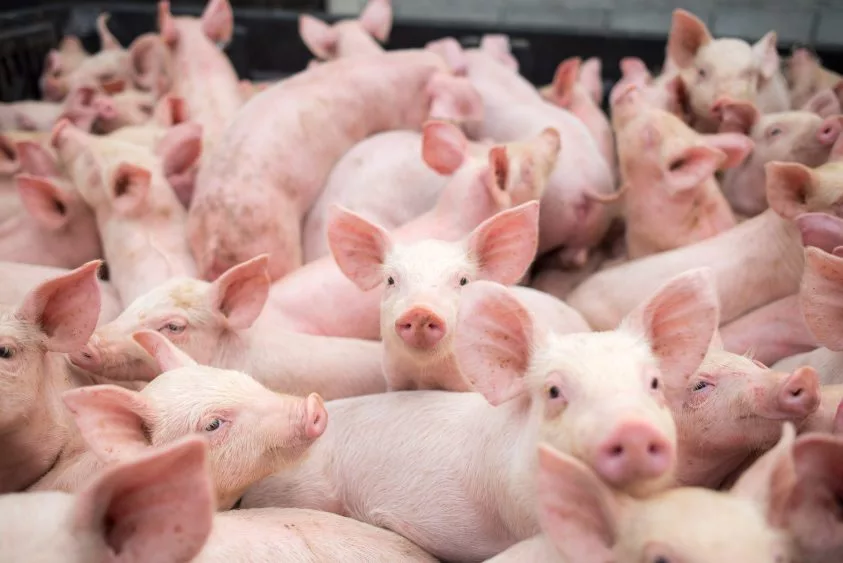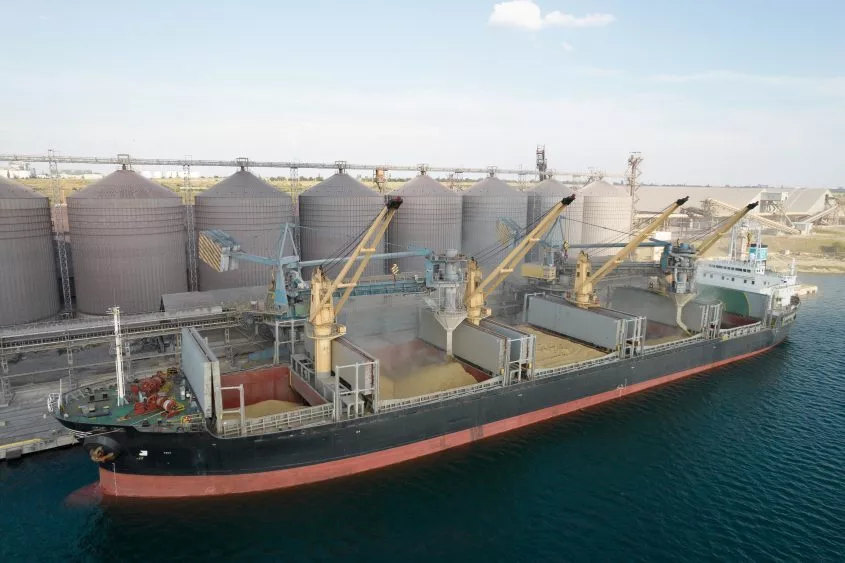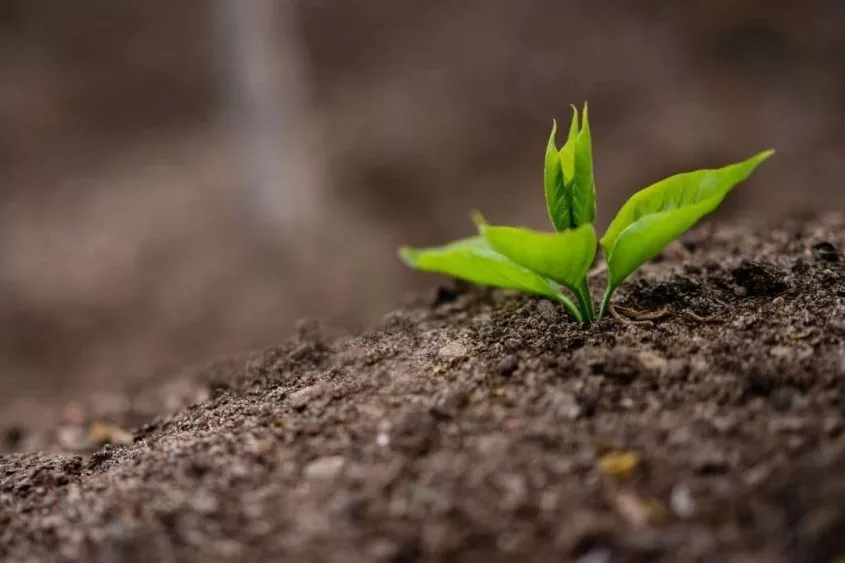McKinsey and Company research reveals that a vast majority of American farmers have an understanding of sustainable farming. While 90 percent of farmers understand the practices, the uptake remains low.
Even where farmers are adopting sustainable practices, they are only implementing them on a small share of their acreage, typically under 30 percent. The survey shows a positive outlook for the future of sustainable farming as farmers are willing to adopt the practices. Some major barriers to adoption remain, including obtaining a market premium for sustainably grown crops and implementation difficulties. Adoption of practices is correlated with perceived return on investment. Practices with the highest perceived ROI, such as applying fertilizer based on soil sampling, have the highest adoption rates.
Practices that require only behavioral changes, such as reduced or no-till, have the highest adoption levels at 68 percent. Despite the perceived benefits of sustainable practices, farmers expect costs to remain high.




